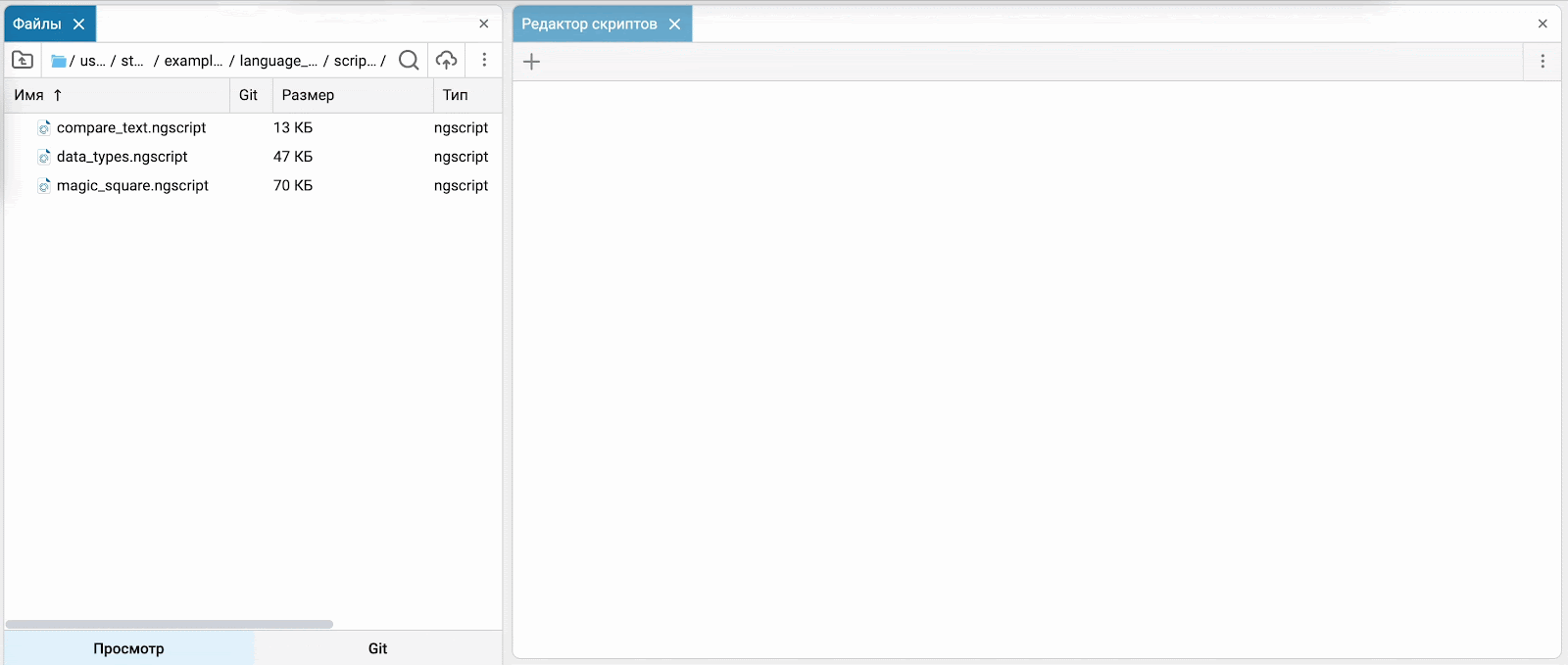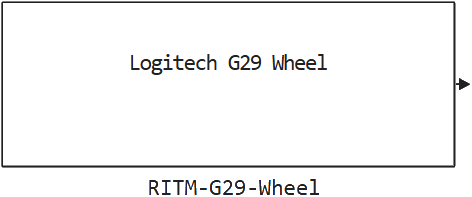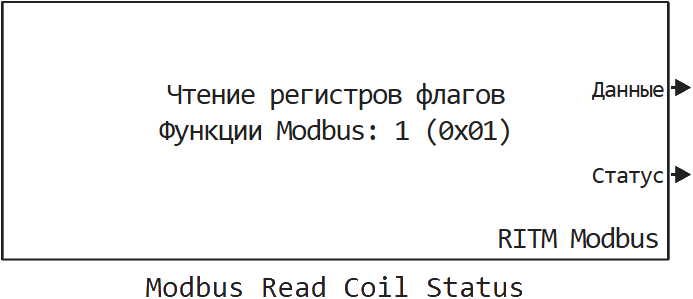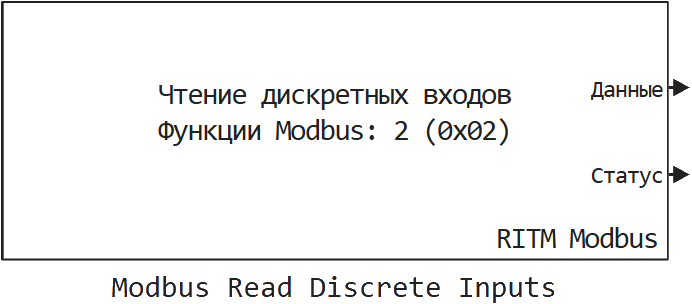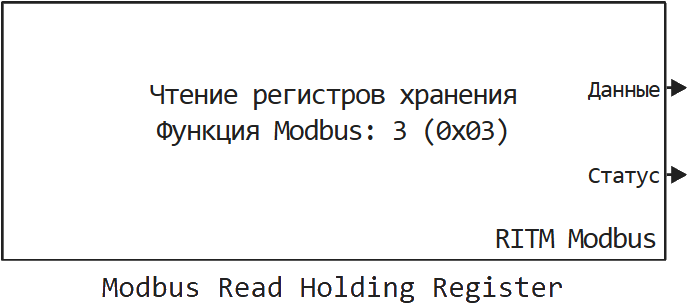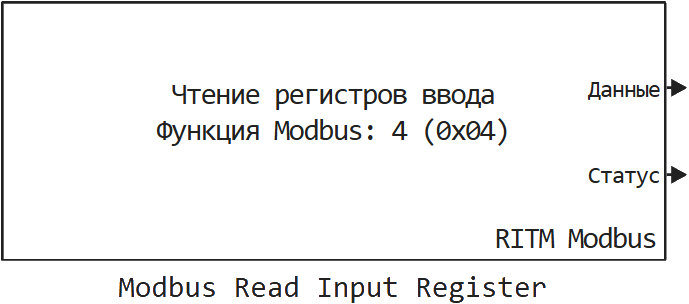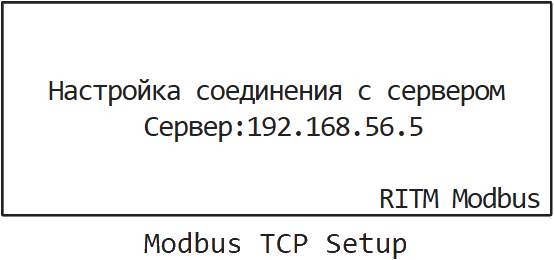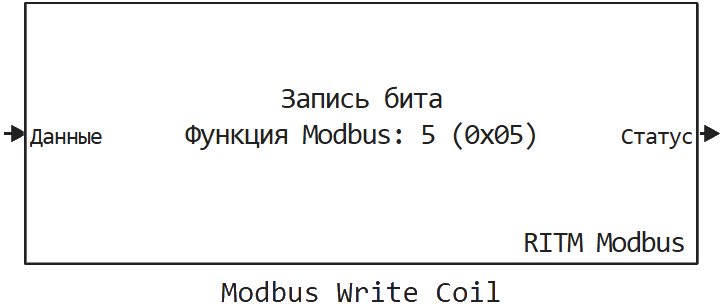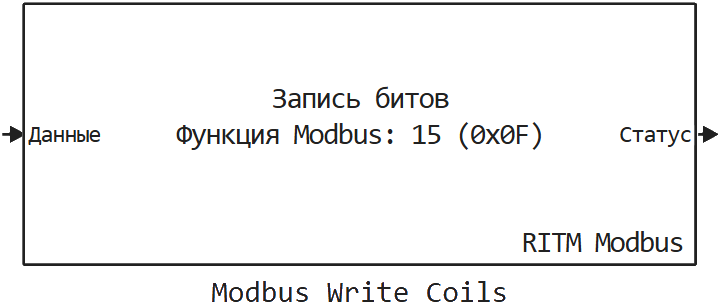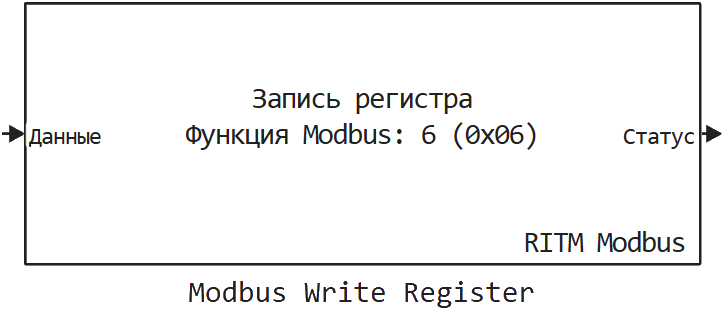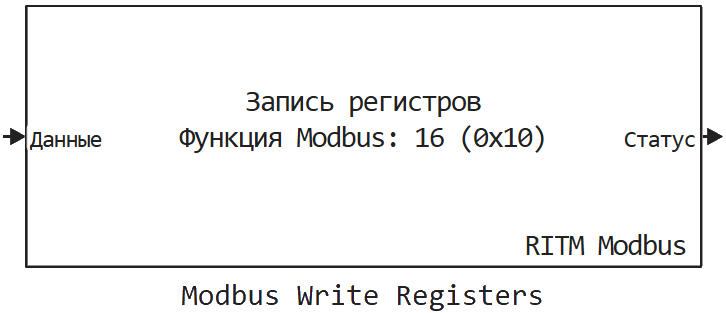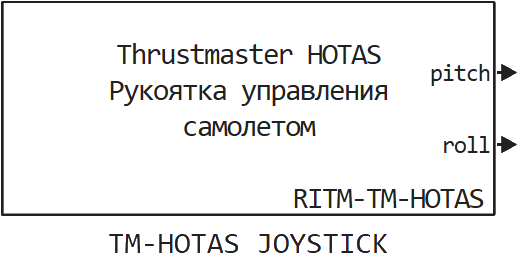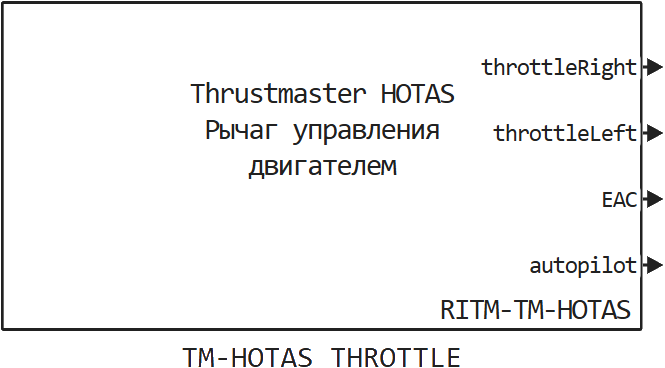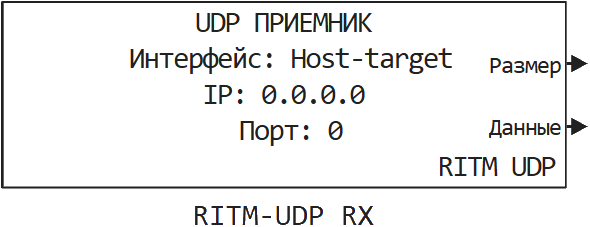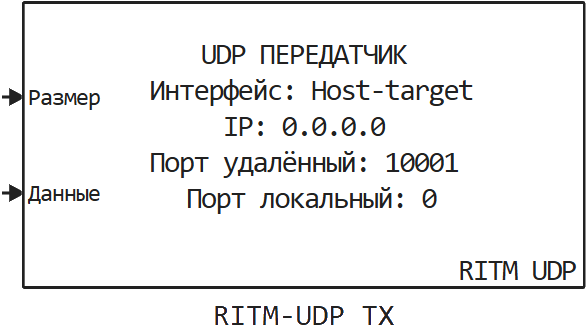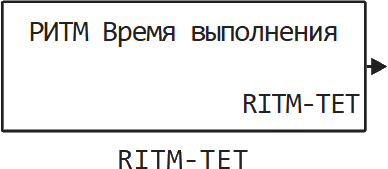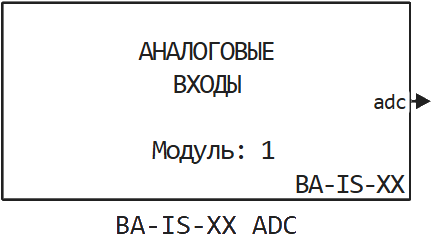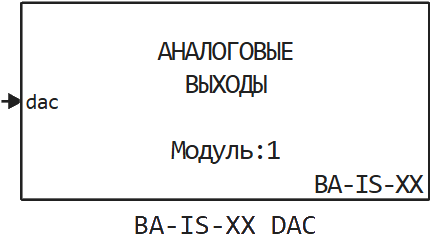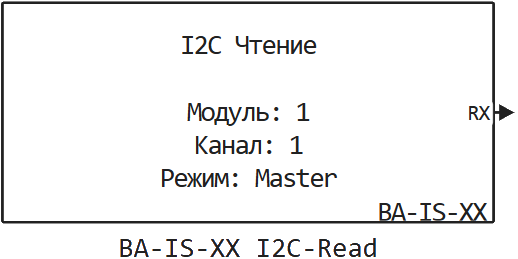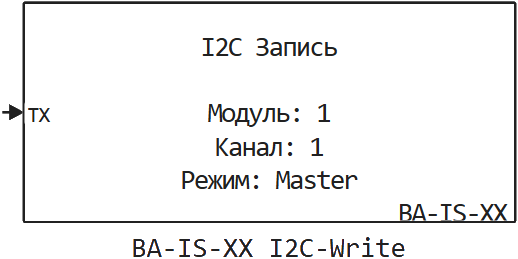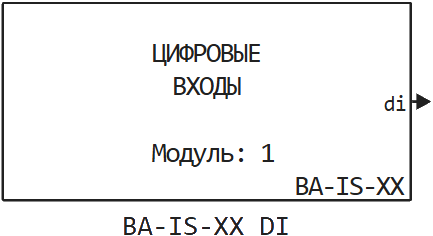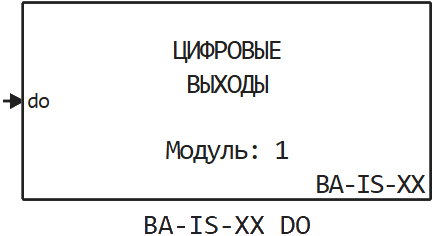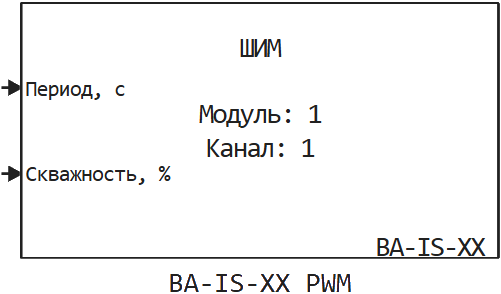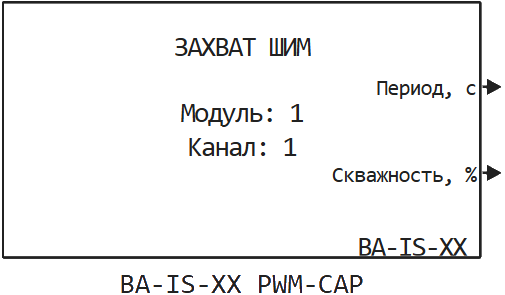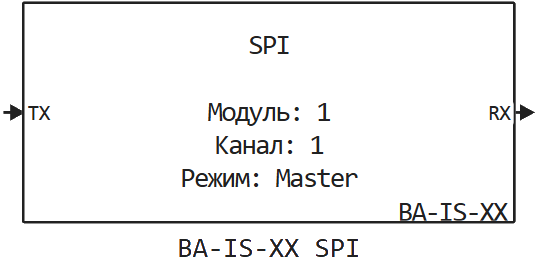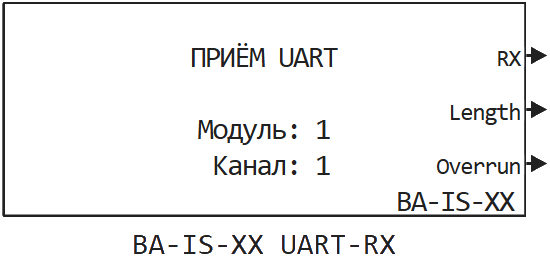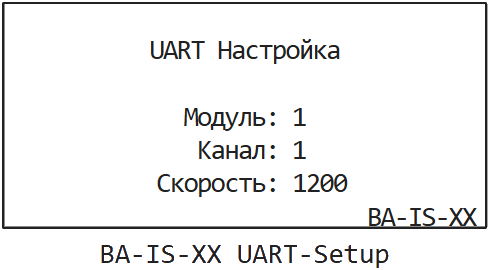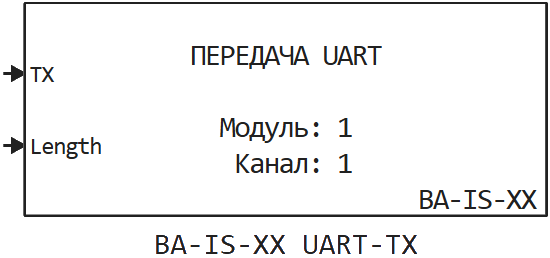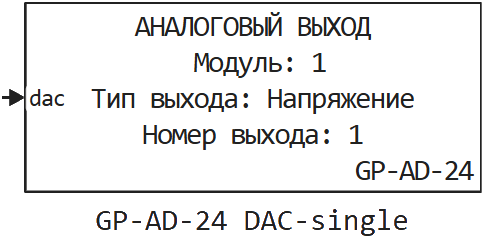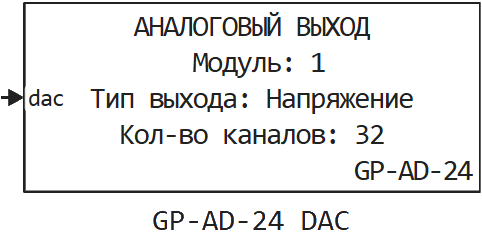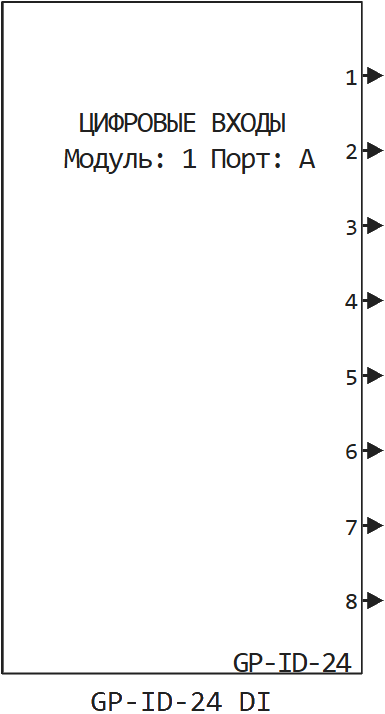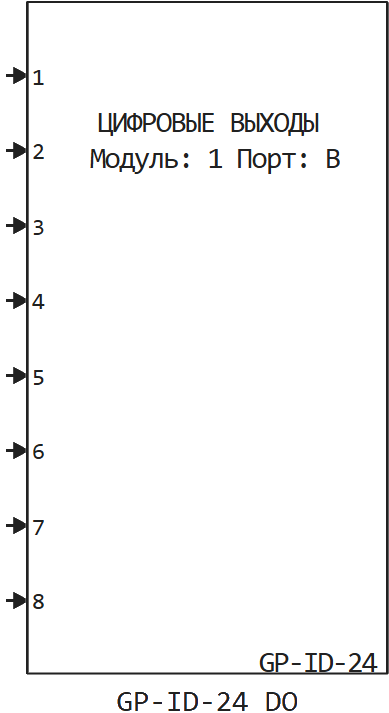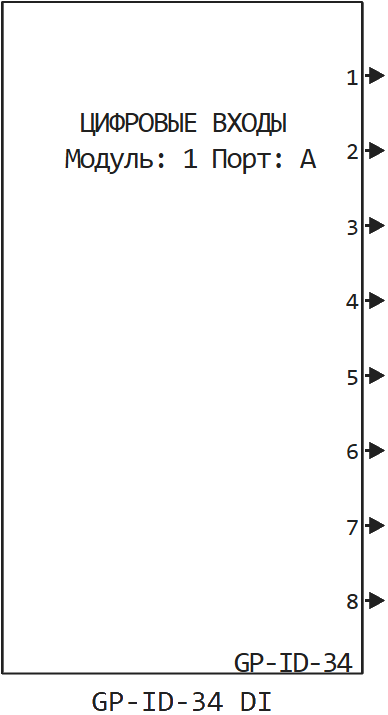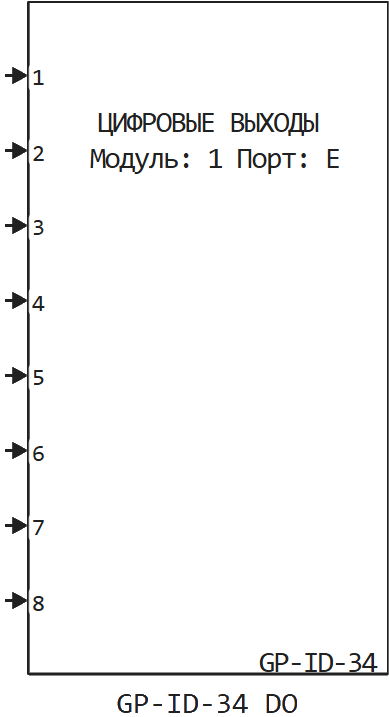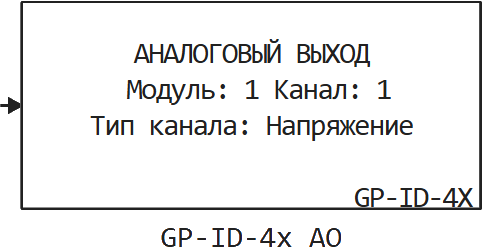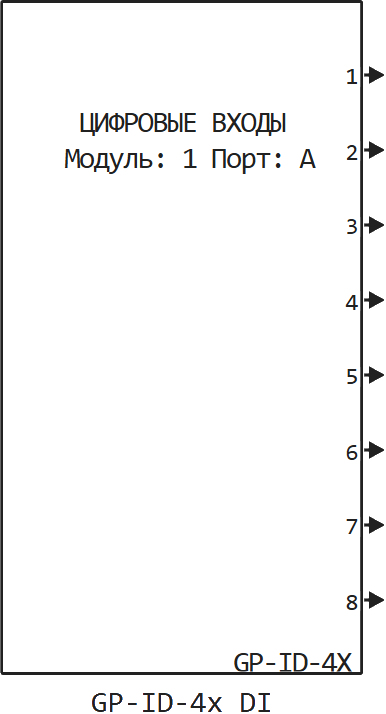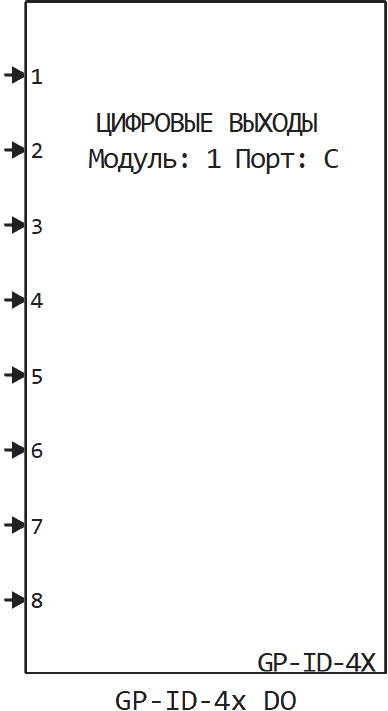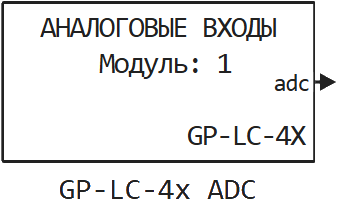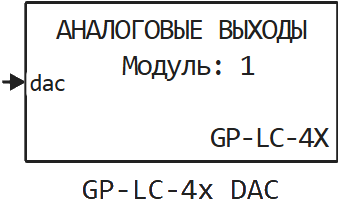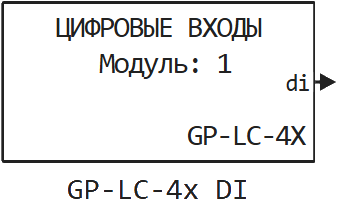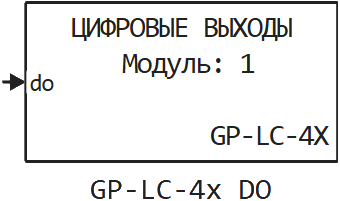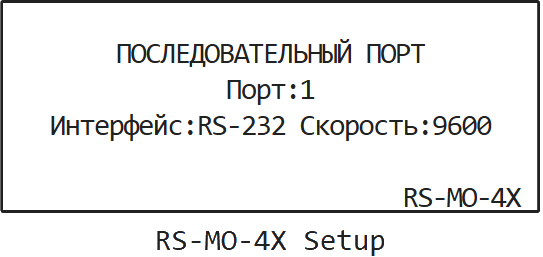What’s new in 25.3
_ Release date: March 2025_
 General
General
 New application: Calculation of the radar equation
New application: Calculation of the radar equation
We have released a new application for calculating radar characteristics. The application allows you to calculate the fundamental energy characteristics of a radar, such as range, power, and signal-to-noise ratio, which are calculated using the basic radar equation.
The Tactical and technical characteristics of the radar tab
sets the main characteristics of the system, and one of two radar configurations is available in the application: monostatic and bistatic. It is created by clicking the button .jl file in the current directory file browser  . It generates the parameters necessary to calculate the required characteristic, and a software function that implements the calculation of the radar equation.
. It generates the parameters necessary to calculate the required characteristic, and a software function that implements the calculation of the radar equation.

 Support for fixed-point computing 2.0
Support for fixed-point computing 2.0
Support for fixed-point calculations has been seriously improved. Previously, data was processed in strictly defined chunks — either 8 bits, or 16, or 32, or 64 or 128 bits. This limited the capabilities of the developers, especially when it was necessary to store small values of a variable or signal. Let’s say you need a counter from 0 to 7; previously, you still had to use 8 bits, although three would have been enough. Now it is possible to select the exact number of bits needed to store a number. In other words, you can specify how much space to allocate for each number based on its maximum value. This works in both scripts and models.

 Highlighting active interface modules
Highlighting active interface modules
Updated the design of the display of the selected or active module in interface. Now it’s easier to understand which window you’re working in.

 Unified help in documentation and command line
Unified help in documentation and command line
We have synchronized the help for functions in the documentation and in command line  . Now it is not necessary to call the help in Engee by? to check the order of the arguments – the most up-to-date information is available in documentation.
. Now it is not necessary to call the help in Engee by? to check the order of the arguments – the most up-to-date information is available in documentation.
 Mathematical Computing environment
Mathematical Computing environment
 Improvements in interaction with the computing core
Improvements in interaction with the computing core
You no longer have to wait for the active calculation task to be completed. Now, at any time, you can queue code cells for calculation and not wait for the end of the previous calculation. Well, that’s cool!

 Saving command line state
Saving command line state
The command line status will no longer be reset when the page is refreshed or the interface module is moved to another location.

 Preview of variables when hovering the cursor
Preview of variables when hovering the cursor
Added a popup hint when hovering over a variable in variable window  . You can quickly see the value, type, and dimension of a variable.
. You can quickly see the value, type, and dimension of a variable.

 The modeling environment
The modeling environment
 Model data editor
Model data editor
We have created a new effective tool for you that will help you understand a large number of signals from complex models. It conveniently allows you to:
-
See all the signals of the model or subsystem;
-
Remove or record any signal;
-
Find the desired signal by name or block name;
-
Quickly select any signal in the model.
Highly recommended for use!

 Major improvements to the "Fast Initialization" simulation mode
Major improvements to the "Fast Initialization" simulation mode
In xref:release-notes/2024/release-24.12.adocIn December, we released the first version of the "Fast Initialization" simulation mode, which allows you to run models faster at the cost of reducing performance at the simulation stage. It’s great for prototyping, but it wasn’t without its drawbacks. One of the main complaints was the really low performance of continuous-state models (integrator, transfer function, etc.) over long simulation intervals. We managed to speed up the simulation for such models up to 40 times.
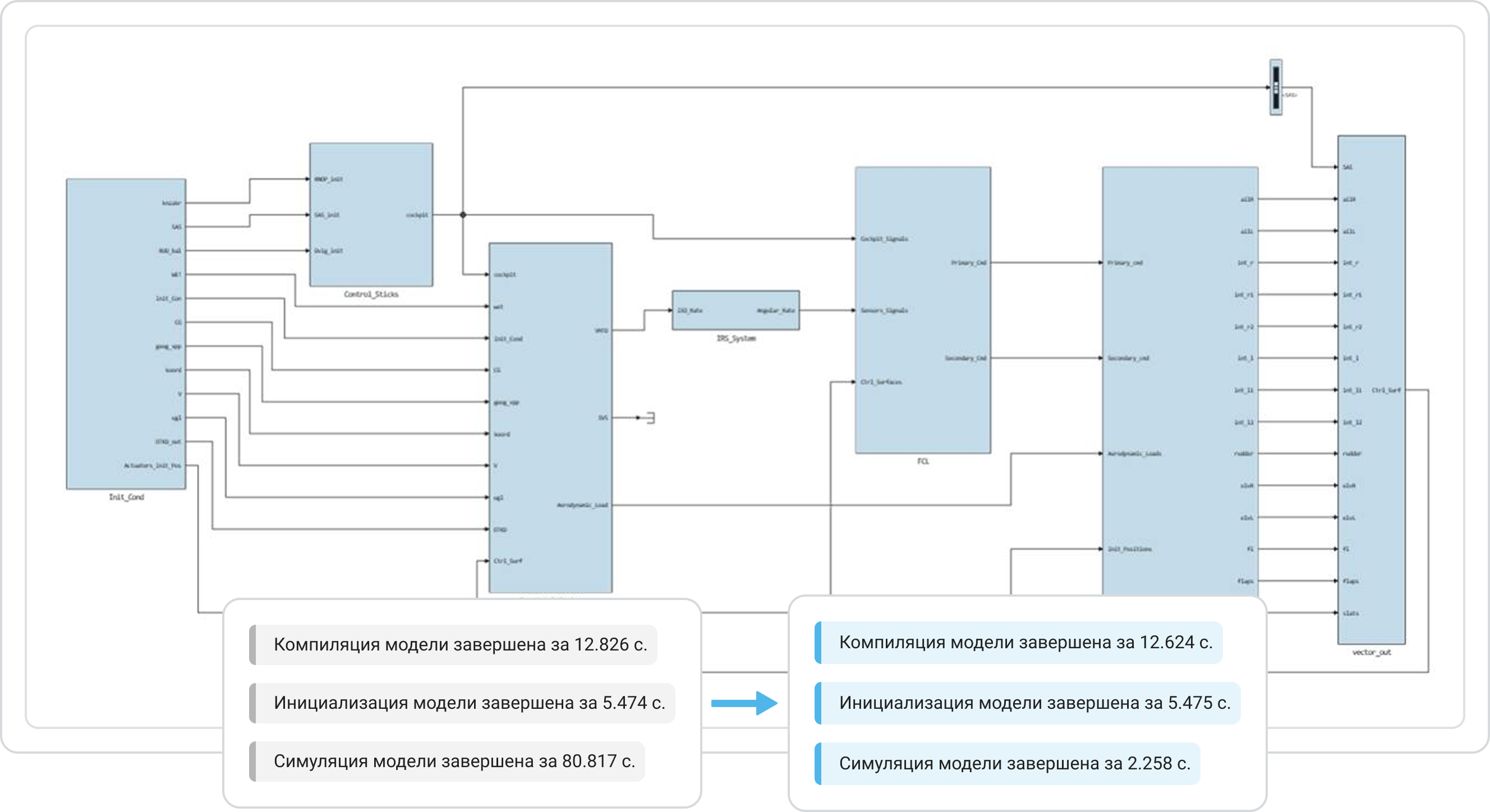
 Acceleration of simulation of models with liquids and gases
Acceleration of simulation of models with liquids and gases
Another important update affected many libraries of physical components at once.: Gas, Moist Air, Isothermal Liquid, Thermal Liquid. Now most of their components, as well as some electronic components, will start working faster, which has made it possible to speed up the simulation of models with them up to 20 times.

 New data Inspector improvements
New data Inspector improvements
We continue to improve Data Inspector. We have added the ability to customize color schemes on signal graphs, graphs of different types will no longer synchronize with each other in time, and we have also worked on the overall stability of the instrument.

 New type of graph – Intensity chart
New type of graph – Intensity chart
Intensity Chart is a new universal tool chart windows ![]() for radar applications. The diagram allows you to visually display both the change in the Doppler spectrum over time, as well as the distance and angular responses, depending on your preferences.
for radar applications. The diagram allows you to visually display both the change in the Doppler spectrum over time, as well as the distance and angular responses, depending on your preferences.


 New operators for Finite automata
New operators for Finite automata
Adding new features to State Machines:
-
We have implemented new data change tracking operators (they are Indicators of changes)
hasChanged,hasChangedFromandhasChangedTo; -
We also implemented operators for tracking the behavior of the expression value.:
crossing,fallingandrising.
 Additional numbering modes for the Prelookup block
Additional numbering modes for the Prelookup block
Now in the block Prelookup two reference point numbering modes. Depending on your habits or needs, you can choose from:
-
Zero-based indexing— indexing starts from0. -
One-based indexing— indexing starts from1.

 Relative paths for blocks that work with files
Relative paths for blocks that work with files
We made it so that in the blocks that work with files (C Function, To CSV, To Multimedia File/From Multimedia File), supported the indication of not only absolute, but also relative paths. The relative path is calculated relative to the current folder of the model in the file browser  .
.
 Bus support for the unit C Function
Bus support for the unit C Function
Added bus support at the entrances and exits of the block C Function. If you want to output a bus at the output of the unit C Function, then it is necessary to create a non-virtual bus and specify it as the data type for the output.
For inputs, you can use both virtual (data type – auto for input) and non-virtual buses (you must specify your input data type).
 New blocks and updates
New blocks and updates
Basic
Signal processing
Aerospace Systems
Thermal liquid
Isothermal liquid
Communication systems
Phased antenna arrays
RITM
|
|
|
|
|
|
|
|
|
|
|
|
|
|
|
|
|
|
|
|
|
|
|
|
|
|
|
|
|
|
|
|
|
|
|
|
|
|
|
|
|
|
|
|
|
|
|
|
|
|
|
|
|
|
|
|
|
|
|
|
|
|
|
|
|
|
|
|
|
|
|
|
|
|
|
|
|
|
|
|
|
|
|
|
|
 Library updates and fixes
Library updates and fixes
Phased array antennas
System objects:
-
EngeePhased.MultipathChannel -
EngeePhased.DopplerEstimator
Functions:
-
rainpl -
freq2wavelen -
aperture2gain
Radars
Functions:
-
sarmaxcovrate -
sarmaxswath -
sarintang -
sarchirprate -
sarscenedopbw -
sarpointdopbw -
sarbeamcompratio -
sarlen -
sarazres -
sarinttime -
sarprfbounds -
sarprf -
matchinggain -
sarazgain -
landroughness -
sarnoiserefl -
radareqsarsnr -
effearthradius -
depressionang -
grazingang -
sarbeamwidth
 Code generation
Code generation
 Verilog support for code generation
Verilog support for code generation
In the code generation settings in the model, you can now select the target platform for code generation — C or Verilog.:

Use fixed point data types in the model to simulate and prepare your model for Verilog generation.:

Additional information about Verilog generation and verification of the generated Verilog code can be found in the documentation at the link Verilog (HDL) code generation.
 Running models on rhythm
Running models on rhythm
 Blocks for working with I/O modules on the RHYTHM
Blocks for working with I/O modules on the RHYTHM
Now in the block library Engee is immediately available RHYTHM blocks for working with I/O modules on RITM.Manager ![]() :
:

This allows you to start working with KPM RHYTHM faster and discover existing Engee models configured to work with KPM RHYTHM.
|
To fully start working with KPM RHYTHM in Engee, install the block support package by running the command: |
 Documentation
Documentation

-
JuliaMusic (library family)


